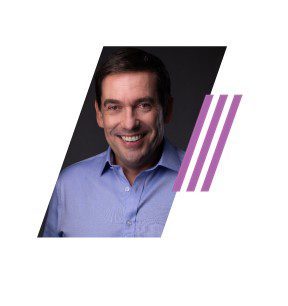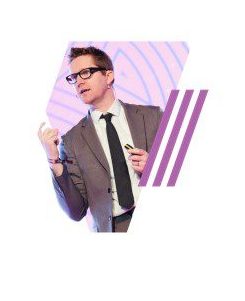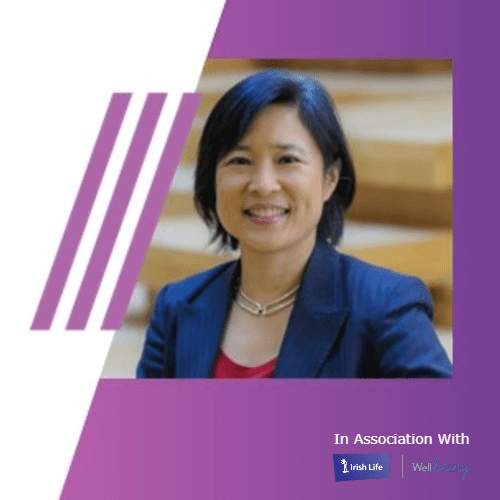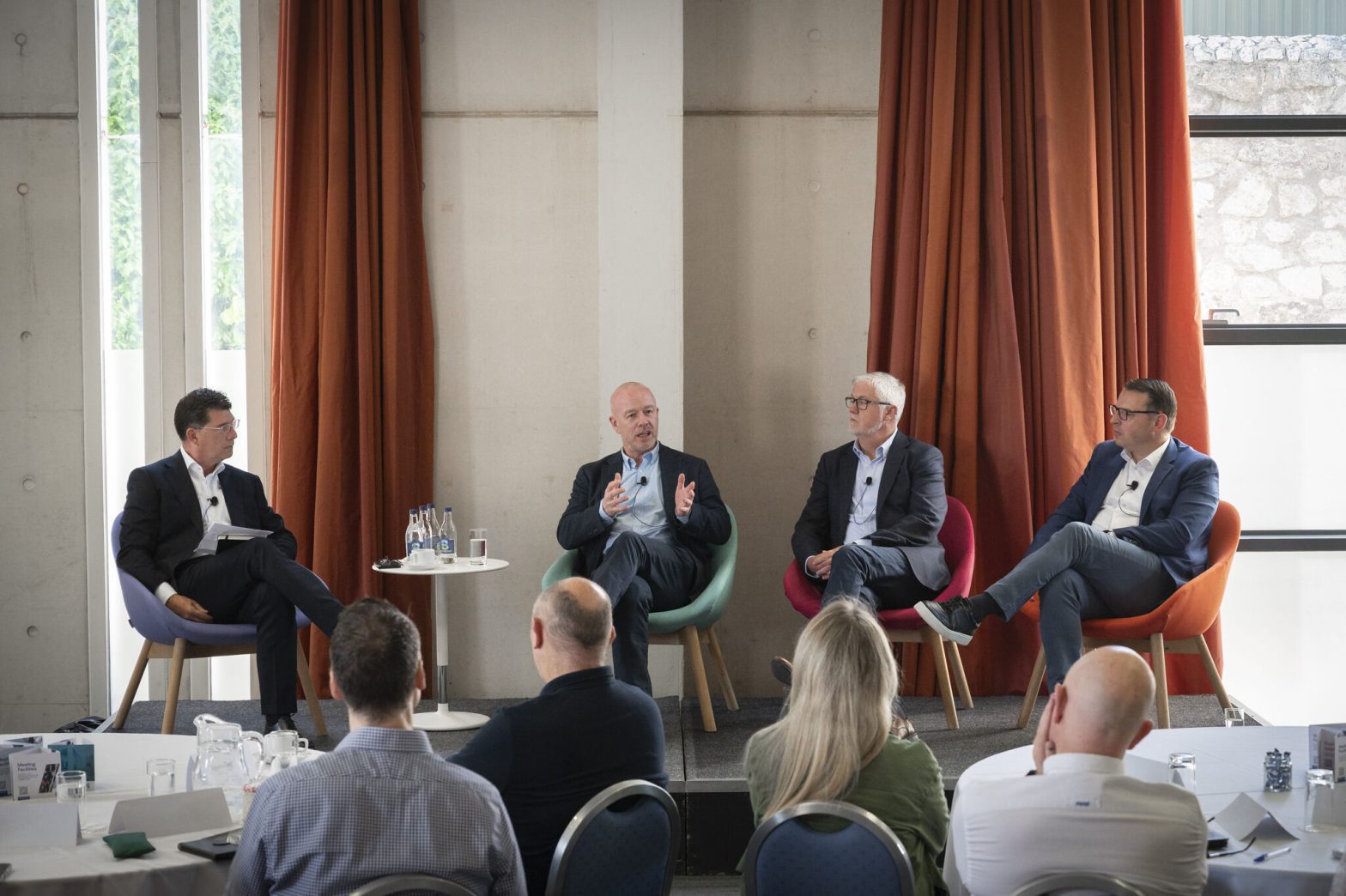Jacob Morgan: Future-Proof Your Leadership
By Jacob Morgan | 16th February 2021
Top takeaways from Jacob Morgan’s Masterclass session on the key skills and mindsets for leaders in the future.
Defining leadership is not easy
During the research for his book ‘The Future Leader’, Jacob spoke to 140 of the world’s leading CEOs and surveyed over 14,000 employees. What struck him most, he said, was the blank expression he was met with by these same CEOs when he asked a simple question: How do you define being a leader and leadership? He explained why he viewed leaders as acting as the lighthouses for an organisation, guiding their people in times of uncertainty.
“Leaders literally shape the world we are a part of. It really does matter the types of leaders we have.”
Self-care is not selfish care
To be the leader your organisation needs, Jacob emphasised, you must be able to take care of yourself so that, in turn, you can be “at your best” for others. He pointed out that, contrary to what some leaders believe, self-care is not “selfish care” and said that adopting the mindset of ‘The Servant’, whereby leaders put serving their team first, “can have a dramatic impact on an organisation”.
Explore or get left behind
Jacob used the example of Anglo-Irish explorer Ernest Shackleton to illustrate how bringing people of different backgrounds together, as the Antarctic adventurer did prior to one of his most daring missions, can be transformative for leaders. Jacob said that being agile, curious and, most importantly, adopting a growth mindset are tools that every leader should possess. He said that having a mindset of exploration, whereby new paths are forged in business and fresh perspectives sought, is “crucial” in this world.
“Don’t just focus on yourself. Understand that leadership is about others.”
What separates good leaders from bad leaders
Empowering your people to accentuate their specific talents, Jacob said, is a fundamental skill every leader should possess. The ultimate goal, he went on to say, was for leaders to help others to become “more successful” than you are. Focusing on the strengths of your people and developing a “human approach to leadership” is a key aspect that separates good leaders from bad ones.

Become a futurist with your decision making
Today’s business landscape is riddled with uncertainty, bringing with it an even more pressure-filled decision-making process. Jacob advised that leaders play out scenarios in their heads in advance of any decision, taking a future-centric outlook. He pointed to four key questions that should be at the forefront of managers’ minds in this respect:
a) Why might something happen?
b) What else might happen?
c) What do I want to happen?
d) What might impact why something may or may not happen?
Answering these questions, Jacob said, allows leaders to ponder the variables and malleability of scenarios so that businesses are better prepared for whatever comes.
Channel your communications
With so many channels of communication at our disposal in the modern world, Jacob explained, it can be easy for messages to slip through the cracks. He gave the example of the difference between hearing and listening as a leader, and how the latter is central in an always-on culture where we are “pulled in so many different directions”. Jacob advised leaders to ensure that they choose the most suitable communication channel for their business and ensure that, above all else, the message is delivered loud and clear.
“Communication has changed now more than ever.”
Be the Yoda your organisation needs
Developing emotional intelligence and being an empathetic and self-aware leader – what Jacob calls the skill of Yoda – are critical elements in management. And often, as Jacob illustrated, they are neglected. Jacob said that leaders, rather than remaining detached, must lean into a policy of ‘my door is always open’. Building these relationships with your people, he said, is even more essential during a pandemic that has made virtual working the norm.
What leaders need to do next
Jacob challenged leaders with a simple question: What can you do to improve by 1% every day? That mindset, he said, to “challenge convention” and to not be afraid to ask “what if” is invaluable for any leader. Avoiding a typical day, being a guide to others and doing a self-analysis are all steps leaders can easily incorporate into their routines.
For more IMI Corporate Member Insights, go here.








